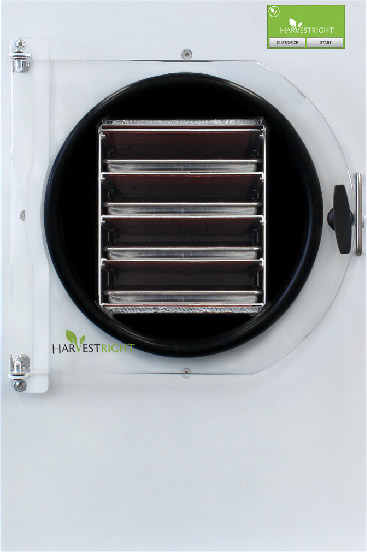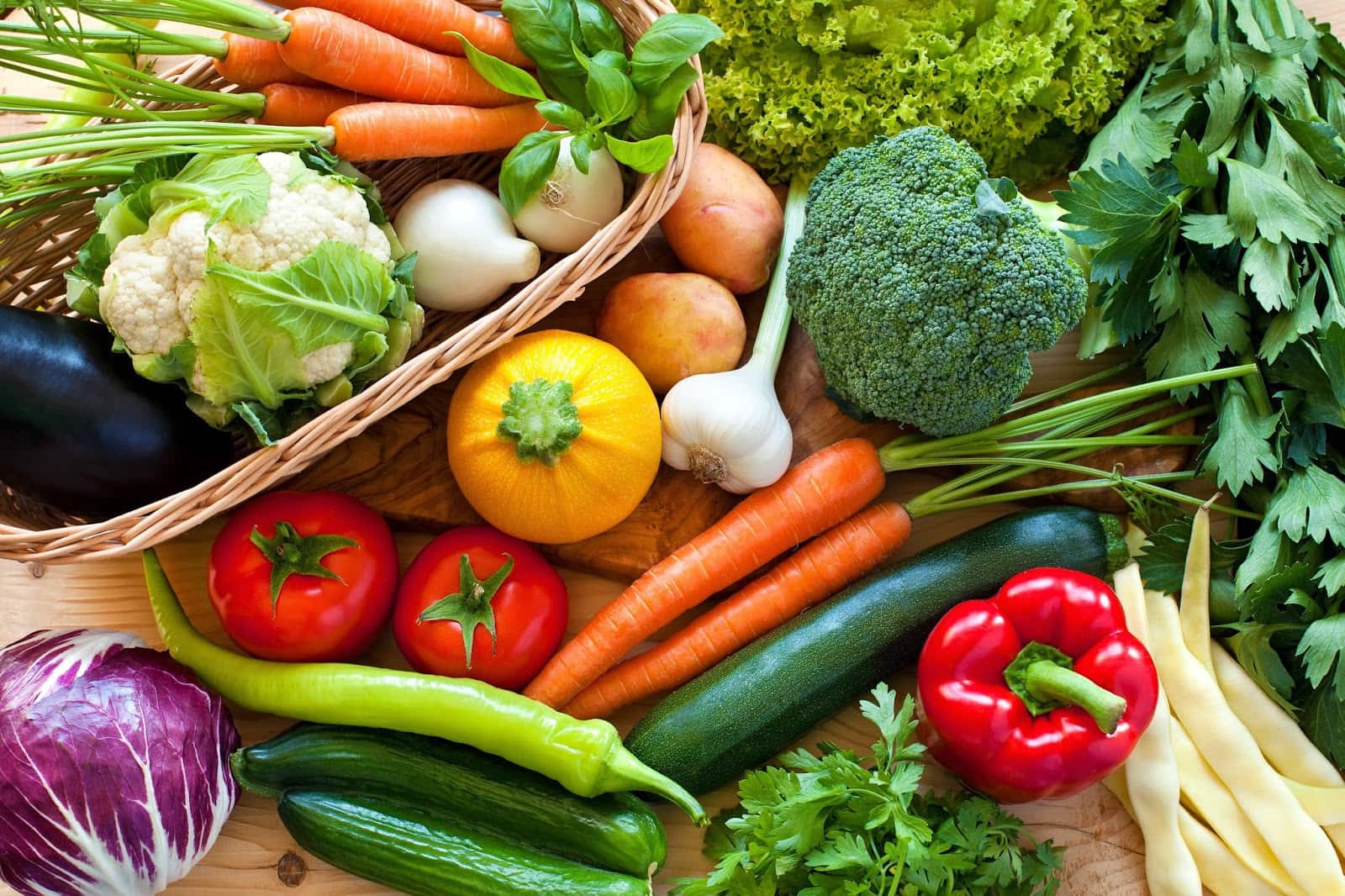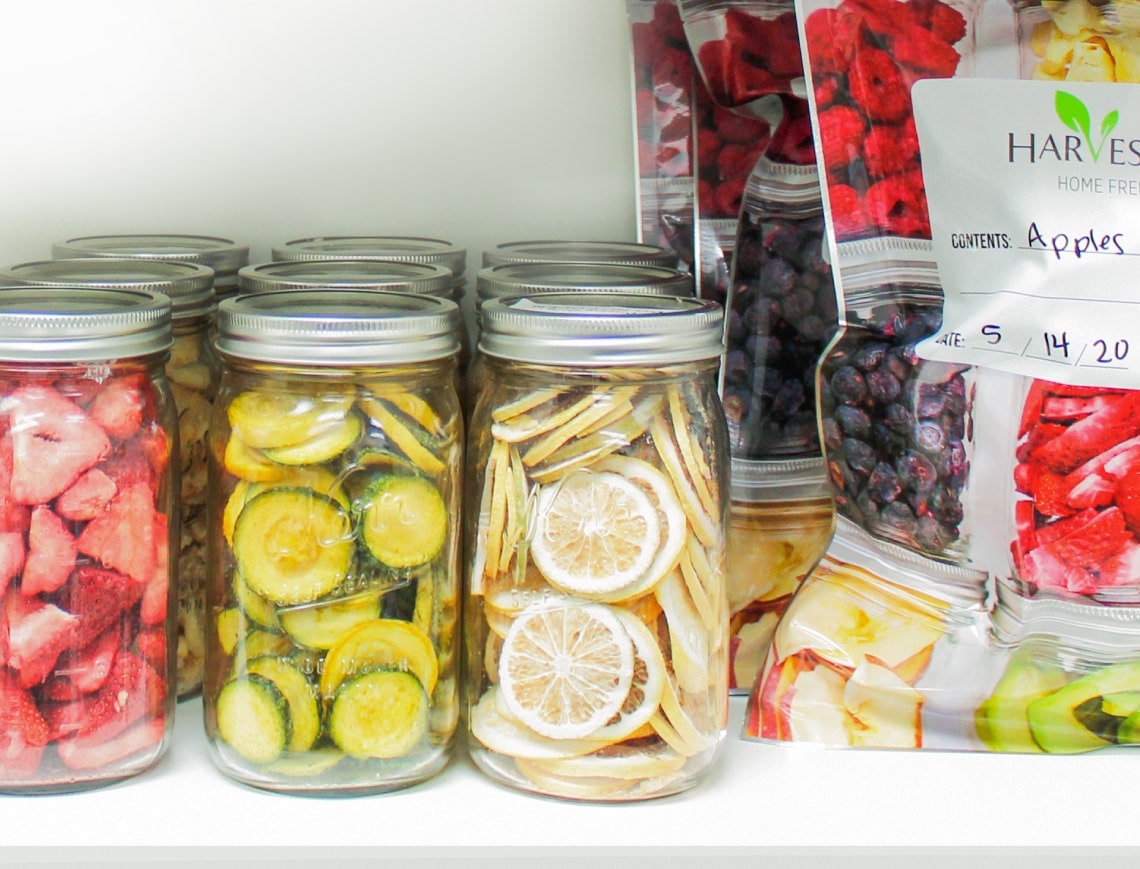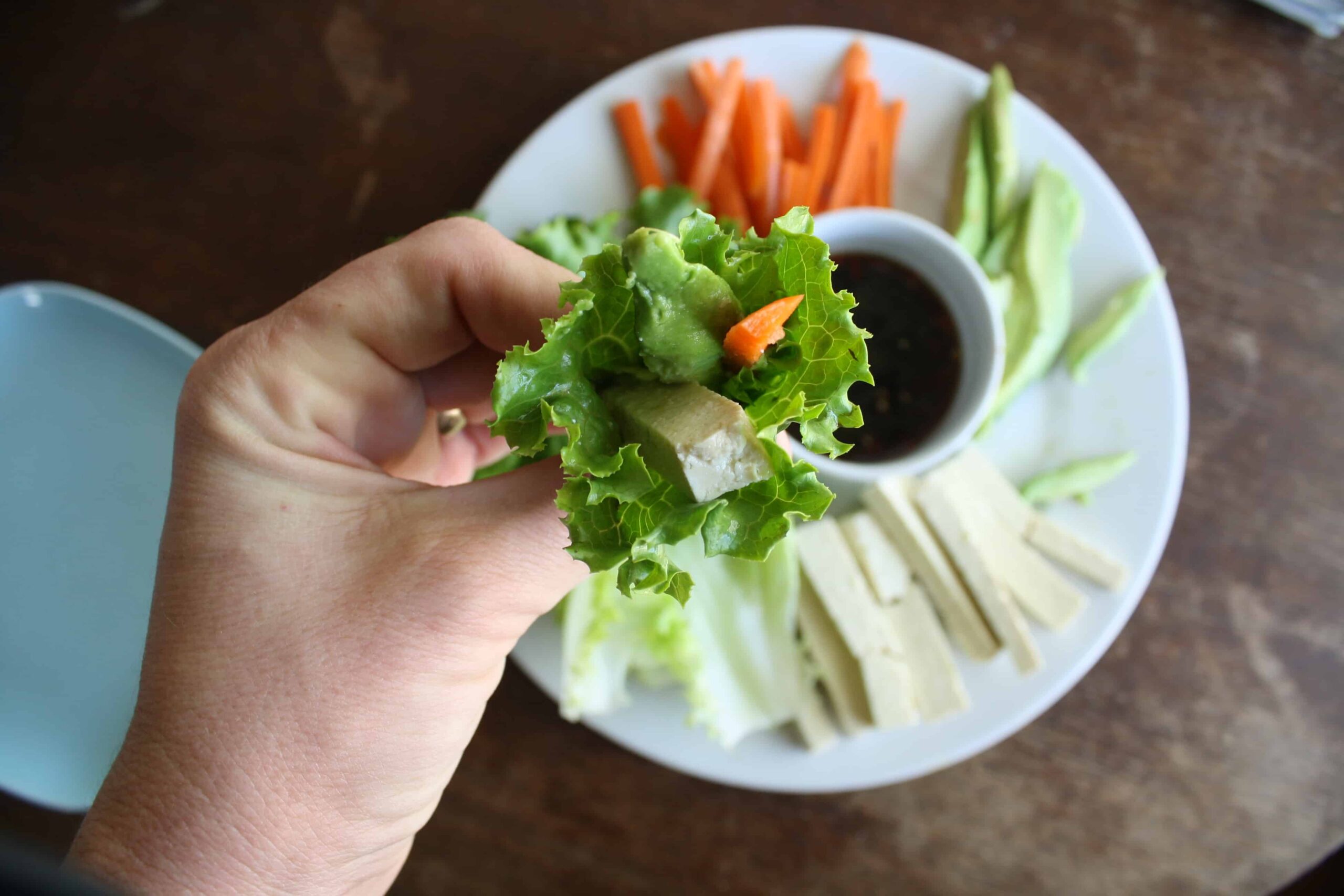HISTORY OF DRIED FOODS
With any type of long-term food preservation, moisture needs to be removed from the food. Ancient civilizations discovered this and developed the early systems for drying foods that we still use today.
Dehydrating is said to have been in practice since 12,000 B.C. Romans and other Middle Eastern populations would dry fruits and vegetables in “still houses,” using fire to dry out and smoke the foods.
By comparison, freeze drying is a relatively modern process, the freeze drying process was first effectively used during World War II as a way to preserve blood plasma, medicine, and eventually food for the troops.
















